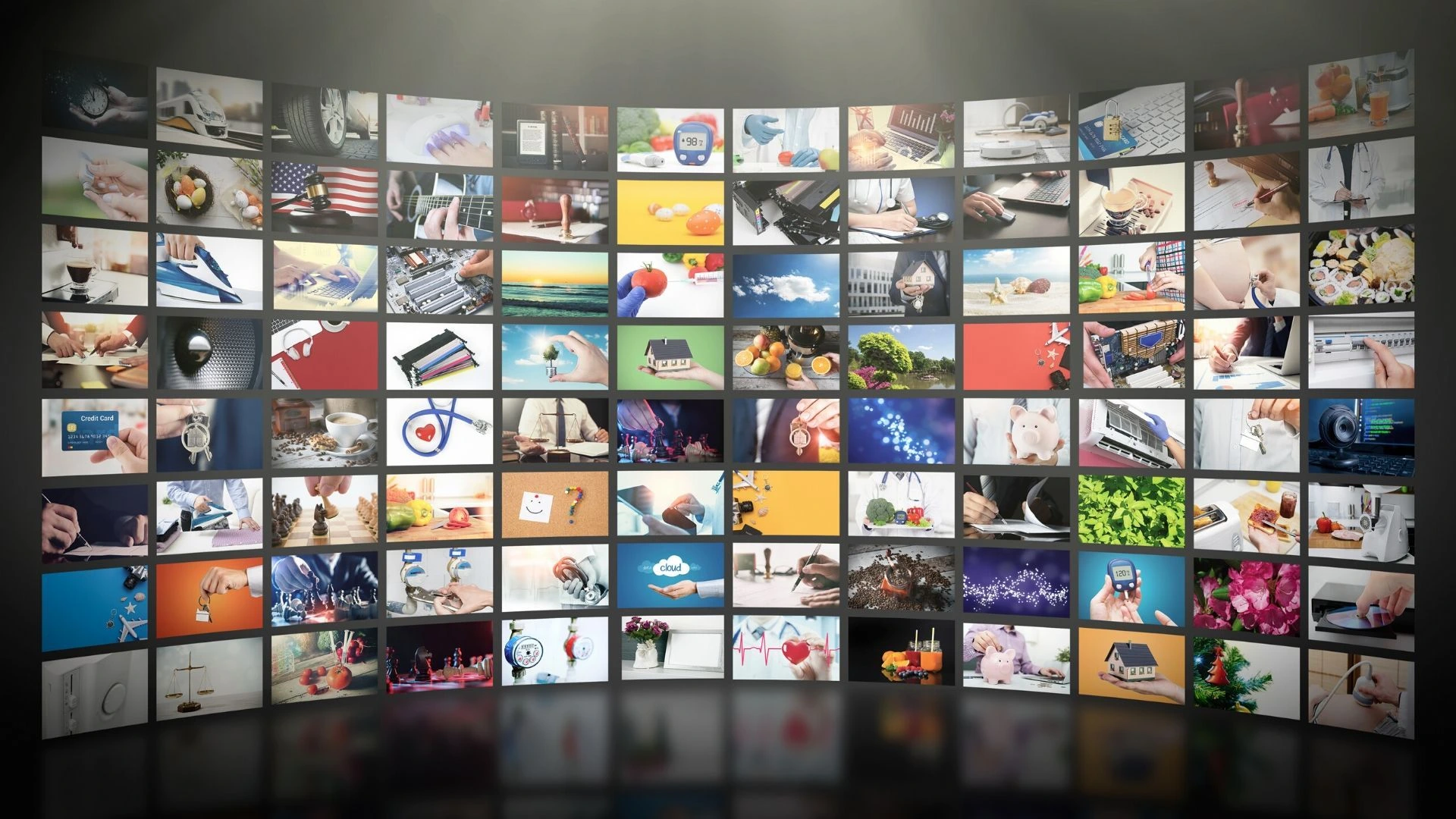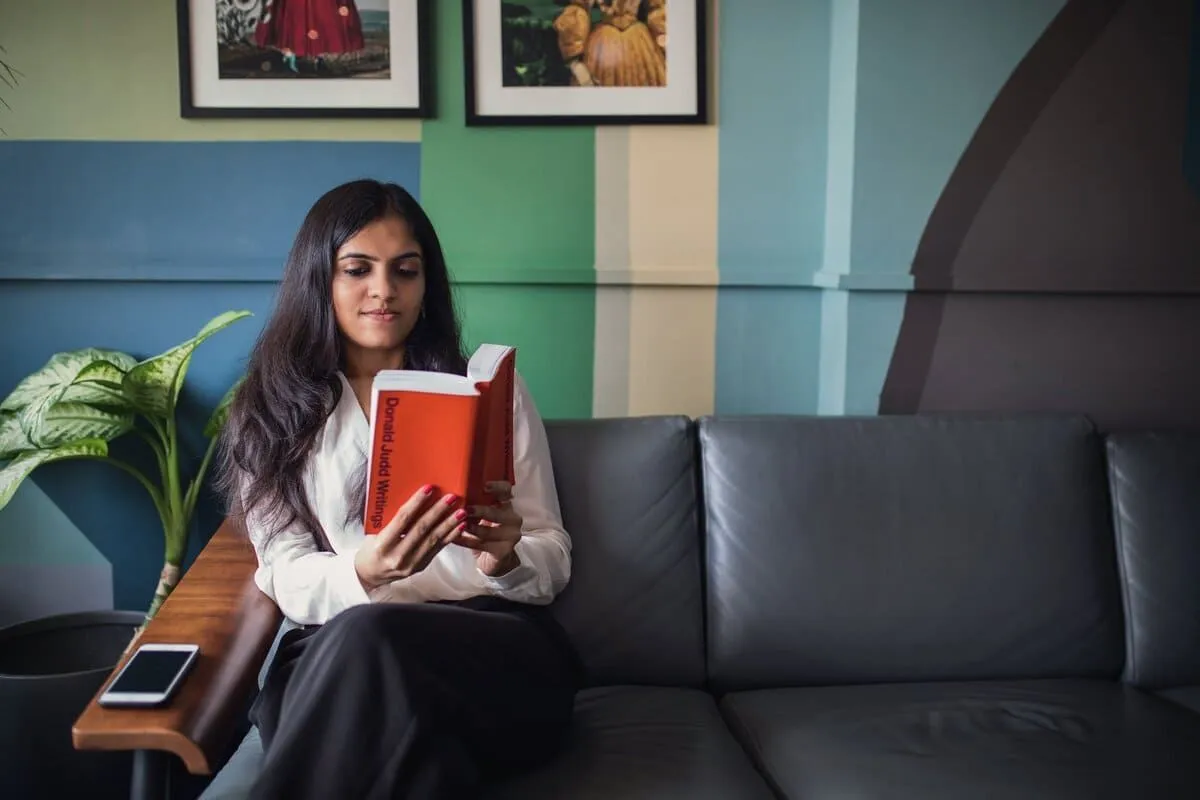
The academic year is about to start, and three of our family will be studying full time. My youngest son is starting his Bachelor of Arts in Languages, my husband will be doing a Masters in Teaching and I will be starting a Masters in Creative Writing and Communication. Our new Covid culture is behind my husband's change in direction. He had built his own business as an entertainer for the elderly in nursing homes, but because of all the new restrictions, commitments had dwindled to the point where we couldn't pay the bills. This coming year will be characterized by tight purse strings, but as our daughter noted, this is what we have always been used to. Having plenty of money left over at the end has been a way of life since our three children were little.
Practicing a kind of reluctant minimalism has been necessary since the nineties. 'Come on kids, we can't afford this. It's not that I don't want to get it for you. We simply don't have the money! There were always stylish items on our wish lists and many home improvement ideas being permanently put on hold. It's easy for frustration, anxiety and even envy and bitterness to take root, even though we know that compared to many others in the world, we have nothing to complain about!
But there is a deeply ingrained impulse in the Western world to keep buying things. Apparently a guy named Edward Bernays, long gone, helped start our ball of restless consumerism, and it hasn't stopped since. He worked on propaganda campaigns during World War I and had a revelation that the minds of millions of people can be easily manipulated through advertising. He gave his concept the positive name “aspirational marketing” in the 1920s. Essentially, his great epiphany was that possession gives us a sense of identity and worth. Now, a hundred years later, the digital age makes it even easier to play into this collective unrest that we must own X, Y, and Z if we don't want to lose face. Millions of people work full time just to make sure that people who really can't afford it keep opening their wallets whenever possible. How unsustainable and potentially crushing for those who truly cannot afford it. However, the machine continues.
I'm happy that in recent years I've found a more joyful and voluntary minimalism in the pages of books, which has really impressed me. The authors have proven to their own satisfaction that keeping the purse strings tight, even when they don't need to, brings enormous rewards that lighten their hearts. They cannot be considered petty, as everything is in accordance with the principles that give great meaning to their life.
In her book, 'This One Wild and Precious Life', Australian author and businesswoman Sarah Wilson describes her conviction to keep her lifestyle as spartan and clean as possible. She feels that consumerism is one of the bestial and insidious ideologies behind everything that is wrong with the world, leading to planetary crises of all kinds. Because change starts with the individual, she set out a series of challenges to buy nothing more than basic groceries for as long as possible. Doing this even when she doesn't expect to give her a real buzz.
She says: 'Let's say I want to buy a new pair of underwear. It's time. I'm down to three pairs, all with chins on the gusset. New panties would be nice. I plan a day to go to the stores. But then I get a little lazy. I can't be stuffed doing the schlep. At this point I play-ify. I put off going to the stores for a week, then another week. It becomes fun to see how long I can delay the gratification of shiny new panties.
Then she mentions how the Stoics used to do the same as a form of character training (not necessarily in regards to panties, but hey, maybe). They would prolong the days where they would settle for the cheapest and scarcest fare for as long as possible. And Wilson discovers that, like these illustrious philosophers, she appreciates the freedom that comes from jumping off the treadmill of 'more, more, more'. Playing frugality is a game for now, but it will take you in its stride if it becomes a necessity.
The 'Frugal Hedonists', couple Annie Raser-Rowland and Adam Grubb, also enjoy this lifestyle. I love these two for their candid admission that because life is short, they aim to fill theirs with fulfilling activities like reading, hammock swinging, leisurely walks, and quiet naps. For this reason, each of them is satisfied with part-time jobs that pay minuscule salaries and pack their entire book, The Art of Frugal Hedonism, with tricks to make it work.
Here is an excerpt from a time when Annie actually went out to buy some things on a shopping list she had written, including a slotted spoon and a metal ladle. “Approaching the cash register, Annie felt a strange aversion to purchasing the two utensils. A little voice in your head was saying, “Life has been great without these things for years, so why take them? Of course, you put them on a list because there were a few times when you thought, 'What we need now is a slotted spoon.' But you did well on those occasions. She returned the utensils to the shelf and left the store empty-handed, which was surprisingly good. The two utensils would have cost a total of US$1.98, so it was definitely not the price that stopped her from purchasing them. lightness that came with the recognition of his true lack of need for them.'
Wow, a well-organized, low-maintenance home that you can get your hands on exactly what you need when you think about it must be a huge benefit, to counteract sacrifices like that. Surely tidying time should be cut in half, lack of storage space should be much less of an issue, and mental clarity should be crystal clear. After our most recent house move, which was almost four years ago, I was determined not to gradually accumulate a small excess of possessions again, as it doesn't take long for clutter to leave me feeling overwhelmed. But retail therapy makes creeping inroads over time. Secondhand store bargains are hard to resist, especially if they're beautiful, cute, or flattering, as the case may be.
Happiness coach Domonique Bertolucci succinctly adds advice to avoid impulse buying. She says: “Do not confuse the pleasure of seeing beautiful things with the desire to acquire them. You don't need to buy something to enjoy a shopping trip. Think of it like visiting a gallery or museum. You can have so much fun window shopping, taking in all the visual delights of your favorite stores, and go home with your money still safe in your wallet.'
Cool, so maybe I did the right thing when I didn't throw myself into a cute terrarium shaped like a turtle, with the glass dome for a shell. I thought about how great it would look on the coffee table in our single living room, but decided there isn't enough natural light for any little plant to benefit there 24/7.
The spirit of Bertolucci's brief paragraph is compressed into a single concise line by John Ortberg, and I think it was in his book entitled 'The Maintenance of the Soul'. He said, 'You can admire without having to acquire.'
I'll never become a full Wilson, Raser-Rowland, Bertolucci or Ortberg, but the fact that people are keeping their purses closed because it gives them a buzz gives I a buzzing sound. And I intend to start the new year with a little of their zeal. Have you been impacted by sensible wisdom like this too?



